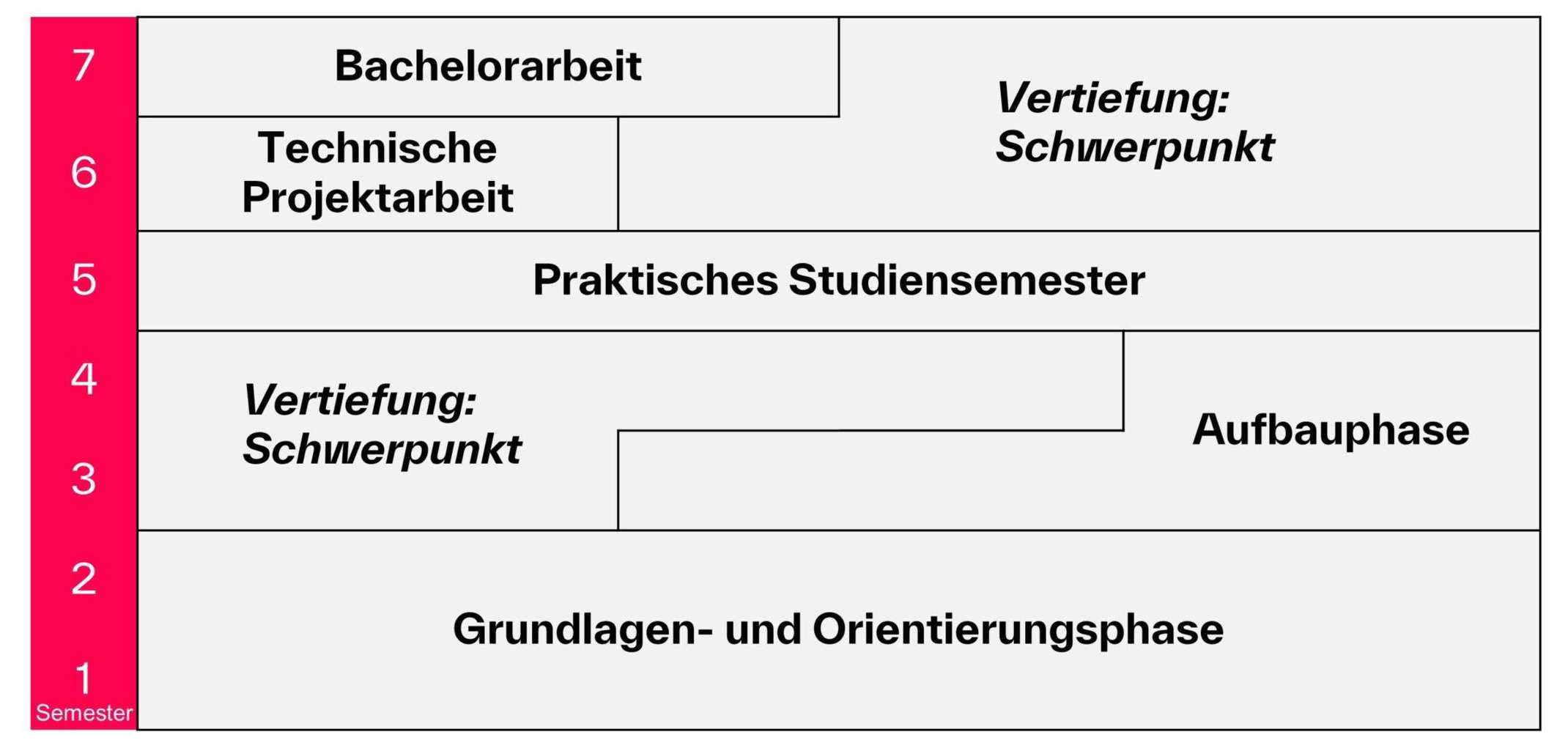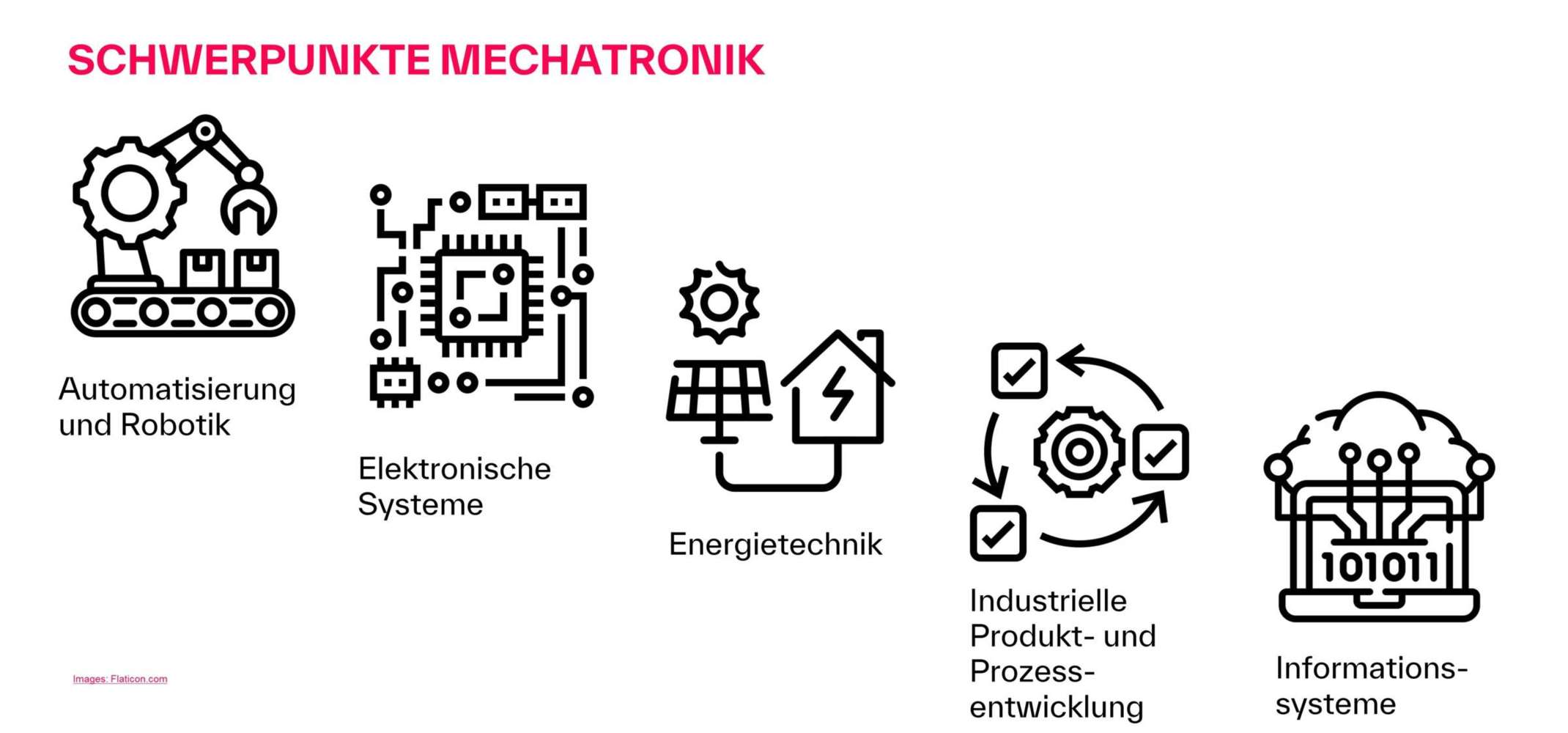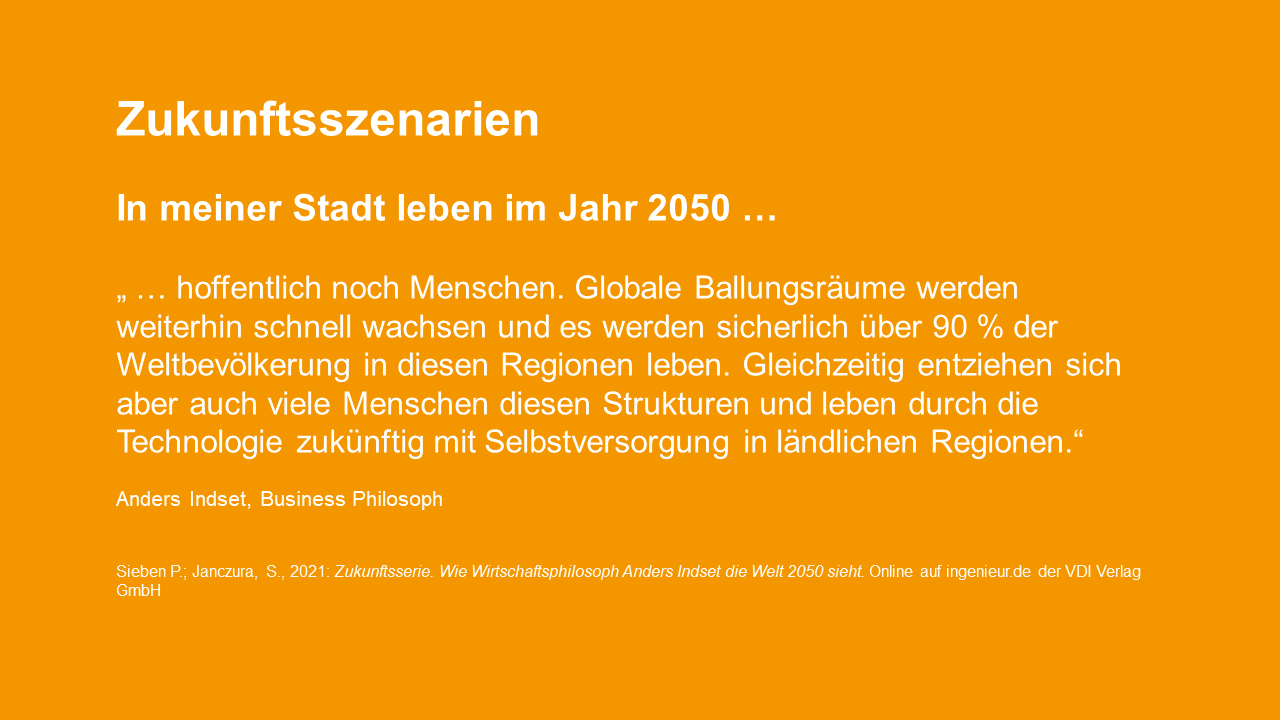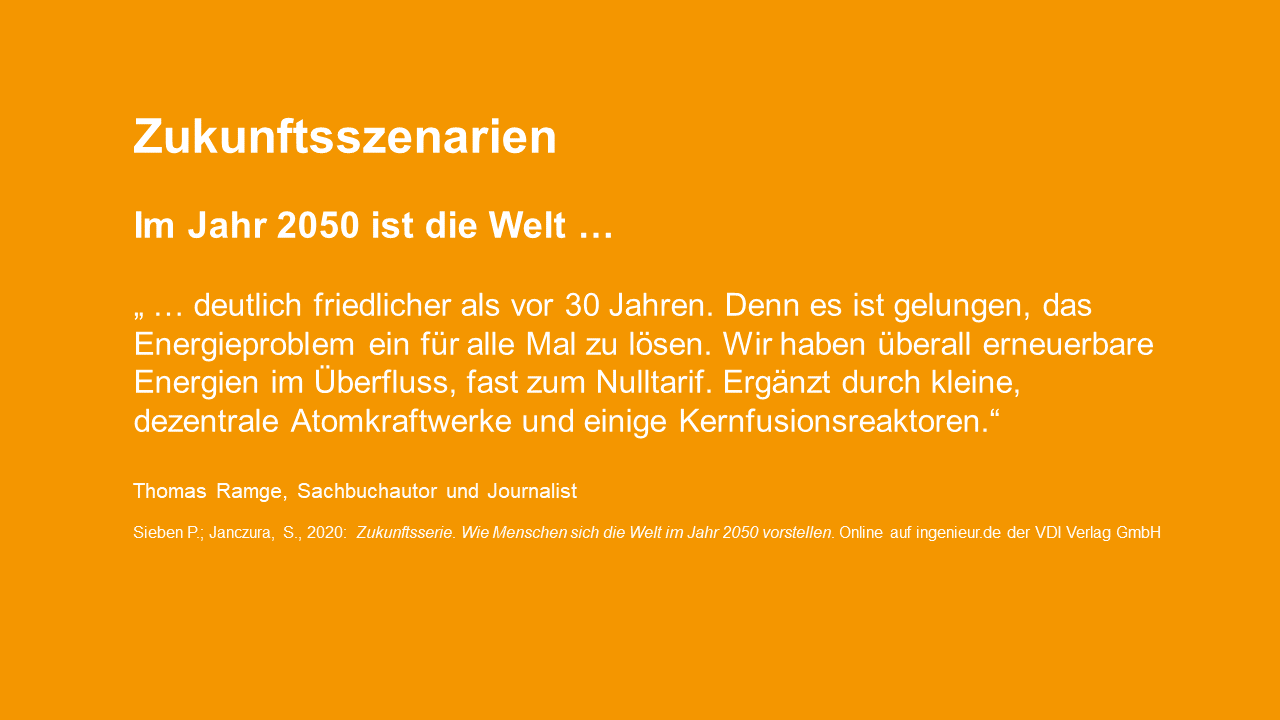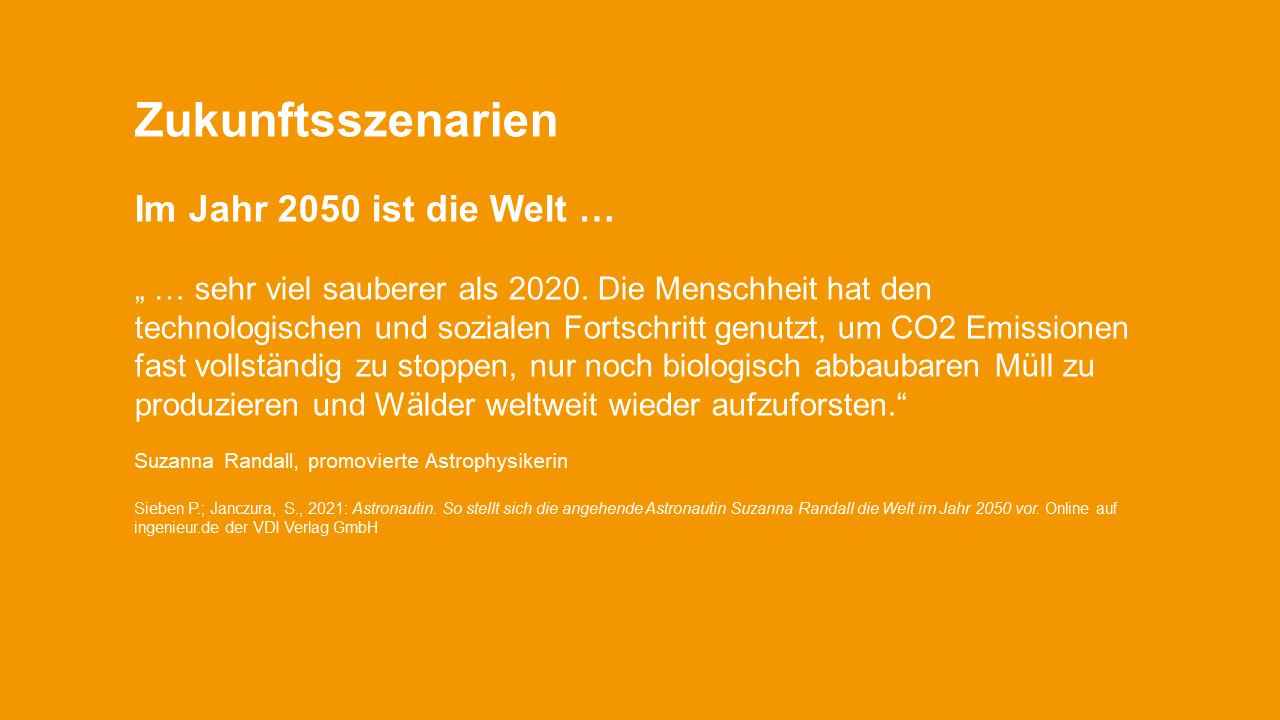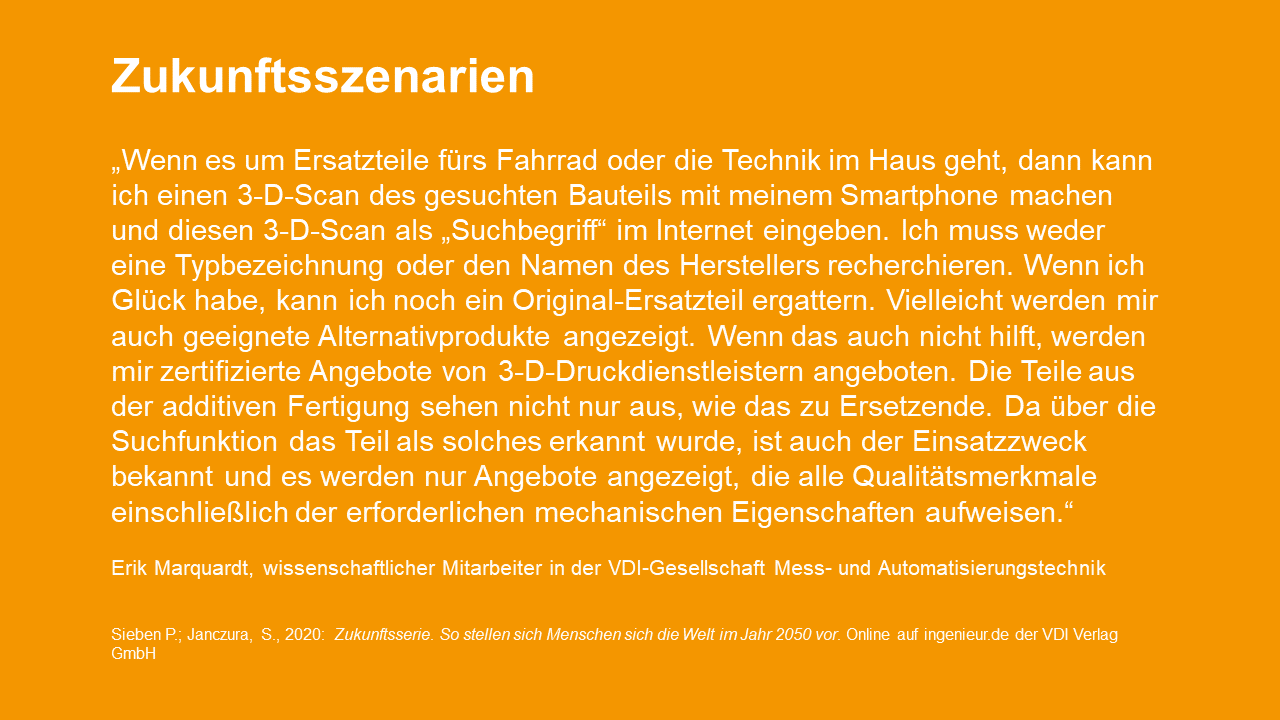In order to meet future societal challenges, the design of technical systems needs to increasingly take aspects of sustainability, accessibility and safety into account. This interdisciplinary bachelor's degree programme enables students to independently apply scientific knowledge and methods of mechatronics and to quickly familiarise themselves with one of the numerous fields of application in mechatronics. In order to achieve this, the students are taught engineering expertise from the fields of electrical engineering, information technology and mechanical engineering. The goal of the bachelor's programme is to design complex technical systems based on a wholistic observation, to implement, analyze and to use a structured approach. A methodical approach is also taught in order to do justice to the comprehensive systems approach och mechatronics.
Module structure
The degree program is divided into three parts: 2 semesters of orientation, a one-semester foundation course and 4 semesters of a specialisation phase, which includes a technical project, an industrial placement lasting one semester and the final thesis.
Due to various electable modules it is possible to achieve a very individual profile during the specialisation phase.
Orientation phase
The orientation phase is intended to teach the basics of
- mathematics, including the use of modern tools and physics
- information technology
- electrical engineering
- mechanics
In both semesters there will be an interdisciplinary module, which establishes connections between the various subject areas while also providing an application reference.
Foundation course
The foundation course, worth 30 CP, includes six compulsory modules that teach the basic skills in engineering while aligning with the orientation phase content wise:
- system theory
- electrical metrology
- operating systems and data communication
- machine design and materials engineering
There will also be one interdisciplinary module.
Specialisation phase
This phase allows the students to build their own individual profiles. It is made up of the following components:
- modules of a specialisation
- a technical project
- a practical semester
- the thesis including a Bachelor’s seminar
- individually selectable modules



